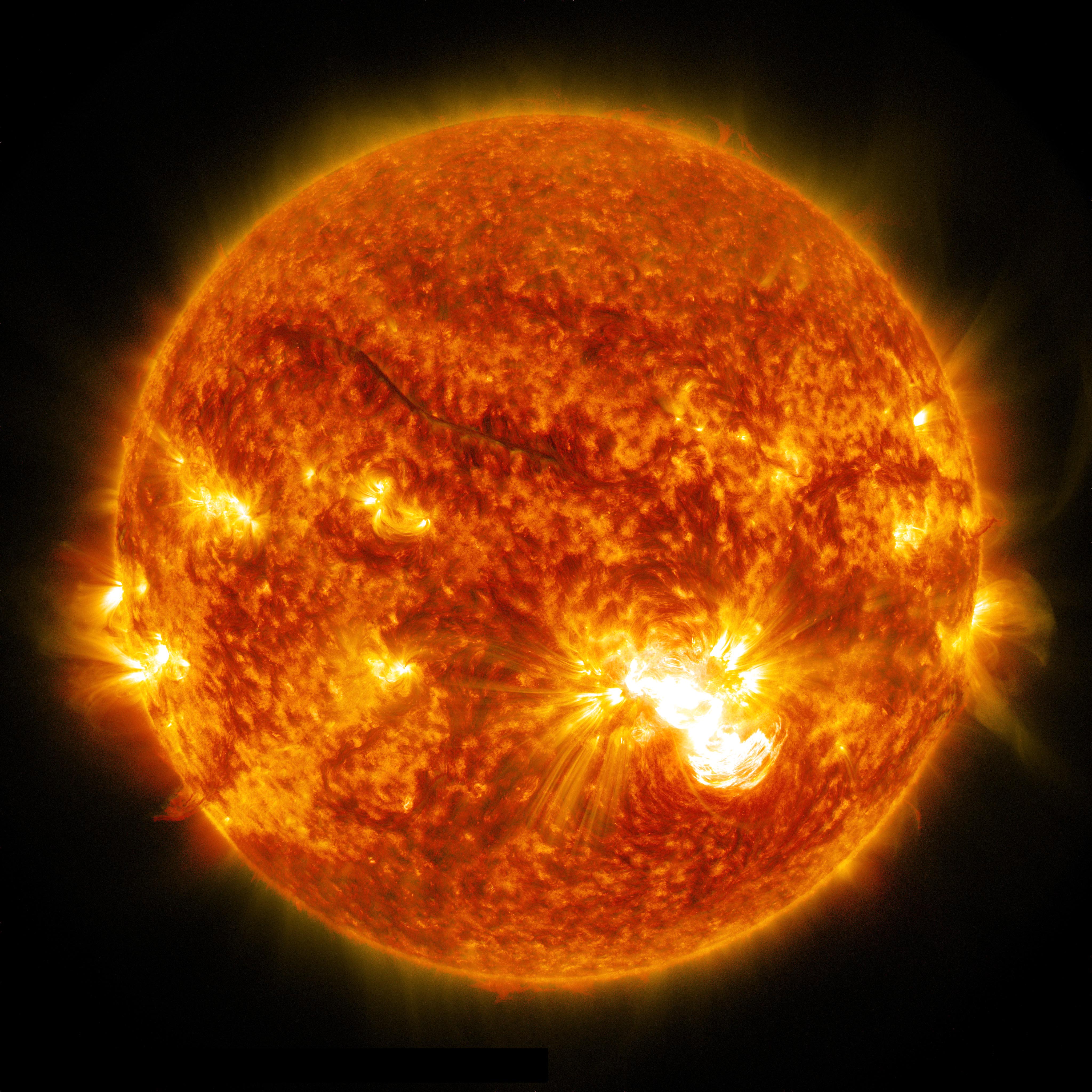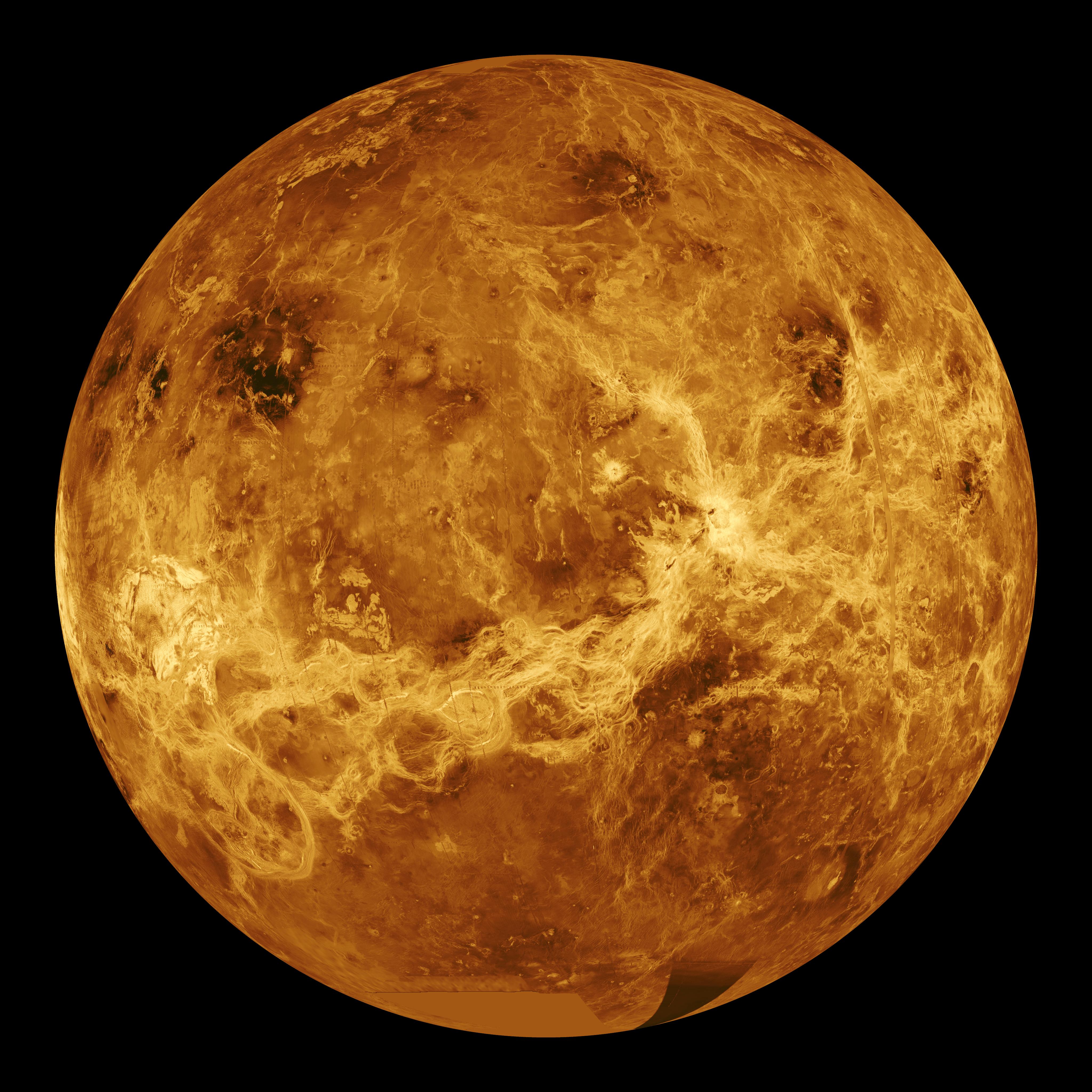Some of the most rare and amazing science facts from all over the world. Keep reading to find out some facts about our amazing facts!







Check out for more cool, random, weird but true, crazy, fun, amazing facts, fact of life, fact of the day, and funny videos, video clips, funny pics, images, photos.
1. Polar bears are nearly undetectable by infrared cameras

Thermal cameras detect the heat lost by a subject as infrared, but polar bears are experts at conserving heat. The bears keep warm due to a thick layer of blubber under the skin. Add to this a dense fur coat and they can endure the chilliest Arctic day.
2. It takes 8 minutes, 19 seconds for light to travel from the Sun to the Earth

In space, light travels at 300,000 kilometres (186,000 miles) per second. Even at this breakneck speed, covering the 150 million odd kilometres (93 million miles) between us and the Sun takes a considerable time. And eight minutes is still very little compared to the five and a half hours it takes for the Sun’s light to reach Pluto. This is one of the most amazing facts ever.
3. If you took out all the empty space in our atoms, the human race could fit in the volume of a sugar cube

The atoms that make up the world around us seem solid, but are in fact over 99.99999 per cent empty space. An atom consists of a tiny, dense nucleus surrounded by a cloud of electrons, spread over a proportionately vast area. This is because as well as being particles, electrons act like waves. Electrons can only exist where the crests and troughs of these waves add up correctly. And instead of existing in one point, each electron’s location is spread over a range of probabilities – an orbital. They thus occupy a huge amount of space.
4. Stomach acid is strong enough to dissolve razor blades

Your stomach digests food thanks to highly corrosive hydrochloric acid with a pH of 2 to 3. This acid also attacks your stomach lining, which protects itself by secreting an alkali bicarbonate solution. The lining still needs to be replaced continually, and it entirely renews itself every four days.
5. The Earth is a giant magnet

Earth’s inner core is a sphere of solid iron, surrounded by liquid iron. Variations in temperature and density create currents in this iron, which in turn produce electrical currents. Lined up by the Earth’s spin, these currents combine to create a magnetic field, used by compass needles worldwide.
6. Venus is the only planet to spin clockwise

Our Solar System started off as a swirling cloud of dust and gas which eventually collapsed into a spinning disc with the Sun at its centre. Because of this common origin, all the planets move around the Sun in the same direction and on roughly the same plane. They also all spin in the same direction (counterclockwise if observed from ‘above’) – except Uranus and Venus. Uranus spins on its side, while Venus defiantly spins in the complete opposite direction. The most likely cause of these planetary oddballs are gigantic asteroids which knocked them off course in the distant past.
7. A flea can accelerate faster than the Space Shuttle

A jumping flea reaches dizzying heights of about eight centimetres (three inches) in a millisecond. Acceleration is the change in speed of an object over time, often measured in ‘g’s, with one g equal to the acceleration caused by gravity on Earth (9.8 metres/32.2 feet per square second). Fleas experience 100 g, while the Space Shuttle peaked at around 5 g. The flea’s secret is a stretchy rubber-like protein which allows it to store and release energy like a spring.












